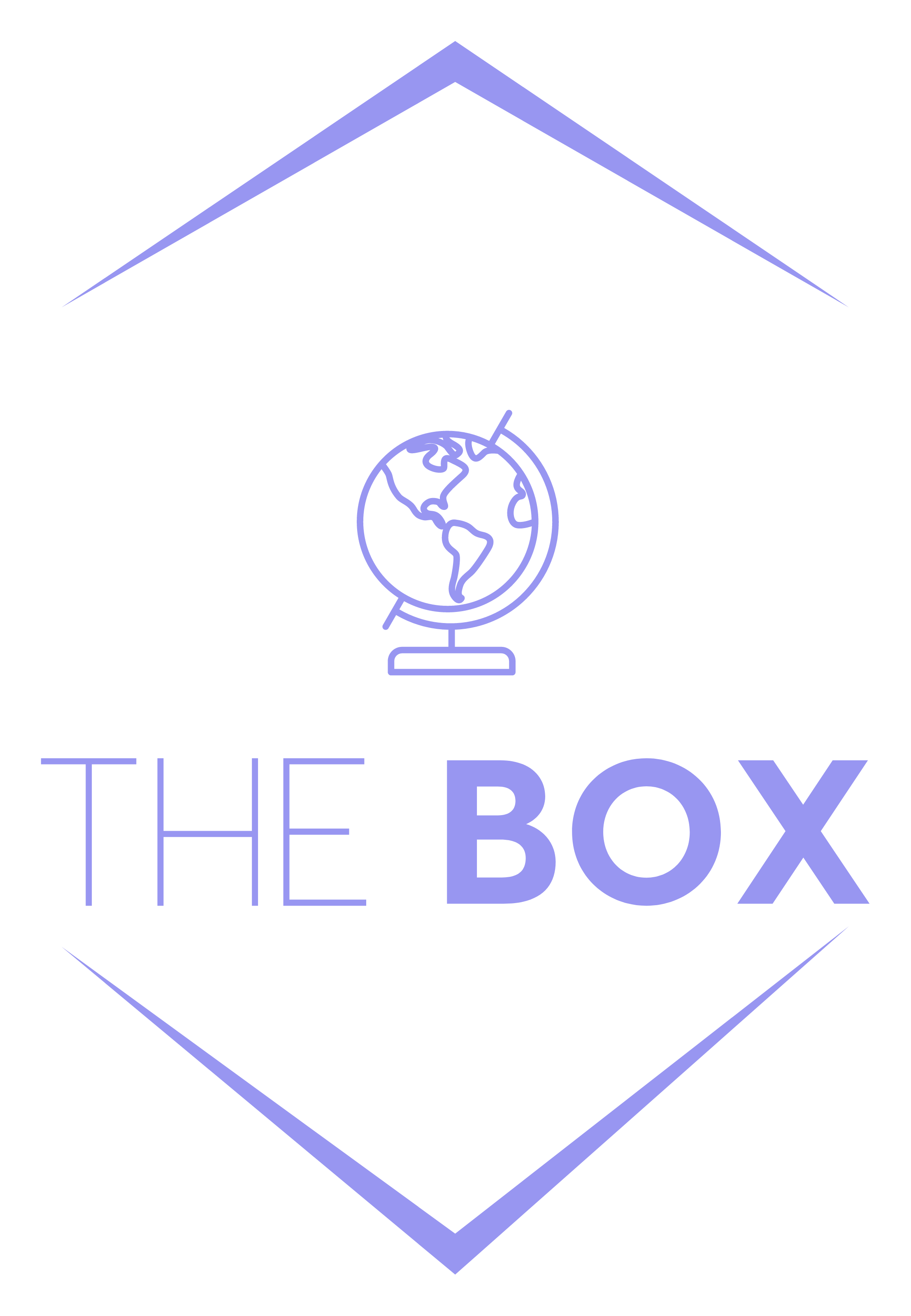How many languages are there in the world?
Only one (A biologist looks at human language)...
When we look at the
languages of the world, they may seem bewilderingly diverse. From the
point of view of communication systems more generally, however, they are
remarkably similar to one another. Human language differs from
the communicative behavior of every other known organism in a number of
fundamental ways, all shared across languages.
By comparison with the
communicative devices of herring gulls, honey bees, dolphins or any
other non-human animal, language provides us with a system that is not
stimulus bound and ranges over an infinity of possible distinct
messages. It achieves this with a limited, finite system of units that
combine hierarchically and recursively into larger units. The words
themselves are structured from a small inventory of sounds basic to the
language, individually meaningless elements combined according to a
system completely independent of the way words combine into phrases and
sentences.
The particular linguistic
system that each individual controls goes far beyond the direct
experience from which knowledge of it arose. And the principles
governing these systems of sounds, words and meanings are largely common
across languages, with only limited possibilities for difference (the
parameters described above).
In all these ways, human language is
so different from any other known system in the natural world that the
narrowly constrained ways in which one grammar can differ from another
fade into insignificance. For a native of Milan, the differences between
the speech of that city and that of Turin may loom large, but for a
visitor from Kuala Lumpur both are “Italian.” Similarly, the differences
we find across the world in grammars seem very important, but for an
outside observer—say, a biologist studying communication among living
beings in general—all are relatively minor variations on the single
theme of Human language.
As the 11th edition of the Encyclopedia Britannica put it, “[...]
all existing human speech is one in the essential characteristics which
we have thus far noted or shall hereafter have to consider, even as
humanity is one in its distinction from the lower animals; the
differences are in nonessentials.”
Source: linguisticsociety.org
